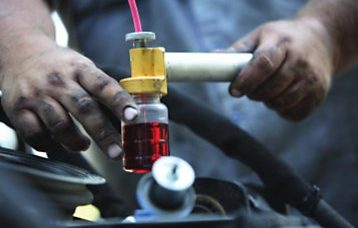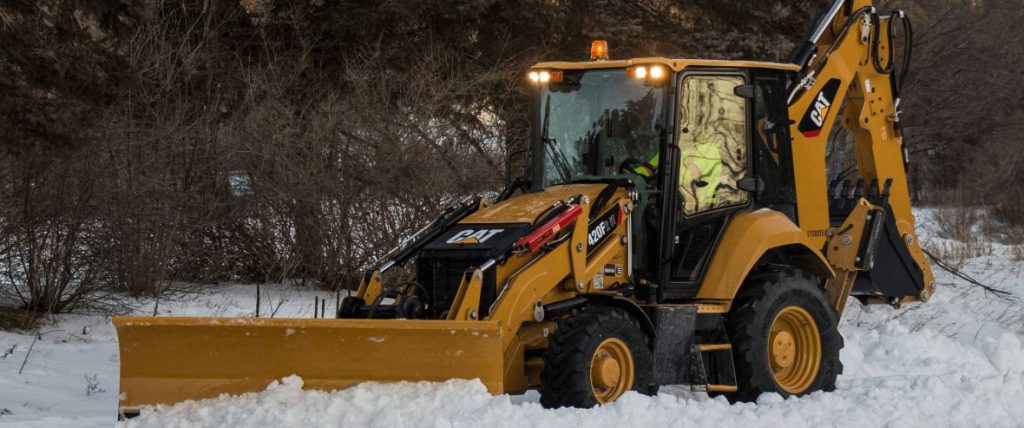
Winterize Your Equipment
Winterize Your Equipment
The best time to winterize your equipment is in the shoulder period when the nighttime temperature begins its frost threat, and the daytime is still pleasant. That’s usually around the end of October unless you’re in the far north. You’ll need to pick your date, and then you can prepare by using these tips for using your equipment during the winter:

- Check batteries – Discharged batteries are more likely to freeze and can be damaged if left drained for long periods. To prevent drain, disconnect the battery at the cable.
- Coolant – Use the correct coolant and concentration for your machine’s colder weather conditions. Coolant protects the engine from freezing, scale, and corrosion.
- Fuel Filter – Change the fuel filter before winter to reduce the change of it freezing. It’s easier to replace a frozen filter than to thaw it, so keep a spare on hand.
- Tires – Check the air pressure in pneumatic tires, and ensure the tread is sufficient for winter conditions.
- Oil – Change the engine oil and hydraulic oil. If the hydraulic oil tank isn’t full, water can enter the fluid in colder temperatures.
- Hydraulic Fluid – Hydraulic fluid can thicken in cold weather, making It harder to flow through the system. This can lead to overheating, performance issues, and equipment failure.
- Fluids Testing – It is highly recommended to sample all fluids before and after winterization to ensure oil/coolant/fuel condition and longevity.
- Storage – Store equipment in an enclosed facility. Drain fluids and seal openings to prevent damage from weather.
For more information or cold weather recommendations:
Contact our Fluid Analysis Lab

